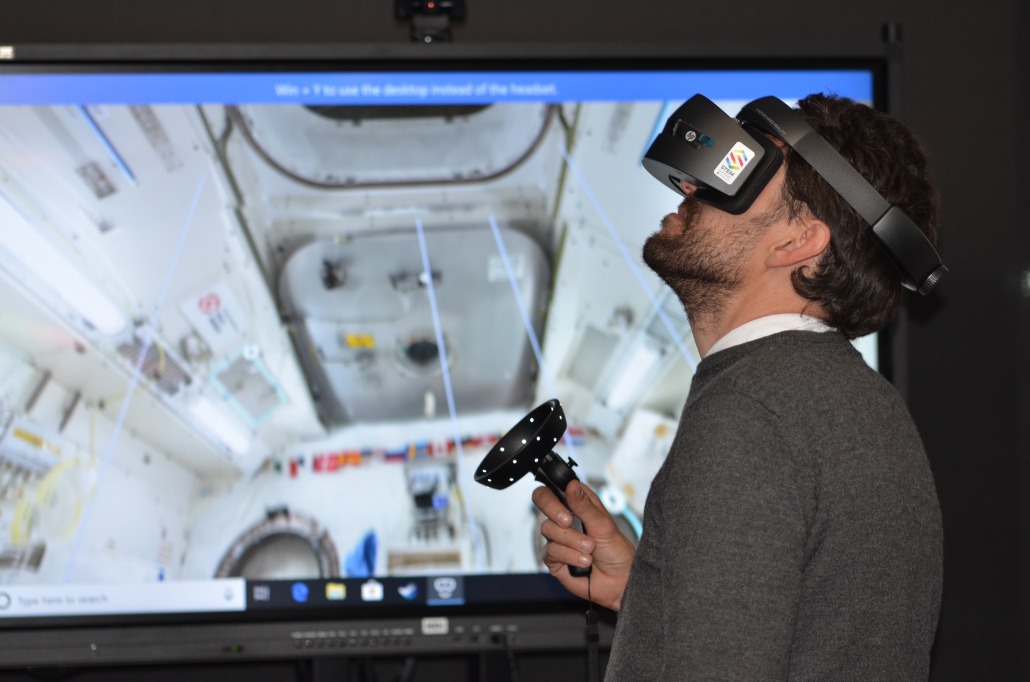Virtual reality has come a long way since it first existed as a gaming fad. What was initially perceived to be a niche piece of entertainment has developed into a multi-functional technology with tangible application in medicine, education, engineering and countless other domains. Having observed this area for some years now, I’m excited to share with you what I believe are the most tantalizing developments we’re going to experience in VR in the years to come.
Five VR Innovations That Will Change Everything

The Quest for Visual Perfection
Be honest with me – the more realistic VR looks, the less I recall ever wearing a headset to begin with. The good news? We’re making gigantic strides in visual quality with ultra-high-resolution displays that are nearing retina-level picture quality. Developers are also expanding the field of view and sharpening depth-of-field rendering so that it comes much closer to the way we see in real life. With Apple and Meta and other technology giants pouring billions into research, we’re well on our way to virtual worlds indistinguishable from reality.
VR Beyond Gaming: Revolution Under Way in the Industry
Gaming might always be VR’s darling, but the technology is finding its way into more and more unexpected applications. Oil and gas companies are using it for remote diagnostic monitoring of equipment in dangerous areas. Medical students are practicing complex operations without putting real patients at risk. Teachers are taking their students on virtual field trips to ancient Rome or inside the circulatory system of the human body. As these business uses continue to get cheaper and easier to deploy, I predict that we will see VR workstations as common as PCs in many sectors of industry.
Performance That Will Blow Your Mind
Do you remember when VR would require a beefy PC and a mess of cables? Those are rapidly becoming a thing of the past. New chipsets like Qualcomm’s Snapdragon XR2 Gen 2 are putting desktop-quality inside standalone headsets. We’re talking 8K content without compromise, console-quality graphics without a tether, and increasingly complex environments that respond naturally to your motion. These more powerful, but smaller processors are allowing for truly immersive experiences without compromise.
Taking Control of Virtual Worlds With Just Your Hands (And Eyes)
The controllers that initially defined VR interaction are now becoming an option as hand and eye-tracking tech matures. I recently tried a demo where I was able to pick up virtual objects, manipulate tools, and scroll through menus with nothing more than my own natural hand movements – it was intuitive in a way that buttons and triggers never were. Even more exciting is how these systems are now beginning to recognize facial expressions and subtle movements, so avatar interactions can actually feel human.
Availability of VR for Everyone
Perhaps the most important trend I’m seeing is how VR is becoming more mainstream. Competition between producers is driving costs down while driving quality higher. Though expensive headsets still cost as much as they should, affordable ones are opening up VR to schools, small medical clinics, and everyday consumers. This democratization of VR technology is central to taking these experiences to underprivileged markets and sectors where cost was a bottleneck issue.
Where We Go From Here
What I think is most exciting about VR is that we’ve only just started to scratch the surface of what’s possible. As these technologies continue to evolve, virtual reality will become increasingly integrated into our daily lives – altering the way we prepare for work, design products, receive therapy, and interact with people at a distance.
Future Opportunities in the Virtual Reality Market
If you’re as excited about the potential of VR as I am, you might want to get in on the ground level of this rapidly growing field. One simple way to do that is with VR arcade franchise opportunities. Start by opening a VR franchise in Fort Worth or Irving, Texas, where there’s rising demand but little competition. Learn more about starting your own virtual reality entertainment center by checking out our franchise opportunity pages on our site.

